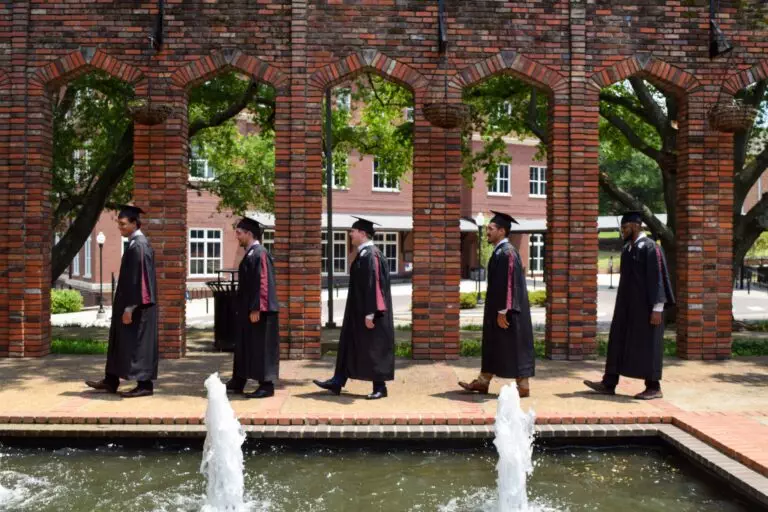Need Blind Scholarship: What It Means and How You Can Fund Your Study Abroad
Recently the news about former New York mayor Michael R. Bloomberg offered a generous $1.8 billion to Johns Hopkins University to support student financial aid and make its admissions process “forever need-blind” spread like wildfire. Here’s what he said:
“When colleges review applications, all but a few consider a student’s ability to pay. As a result, high-achieving applicants from low- and middle-income families are routinely denied seats that are saved for students whose families have deeper pockets. This hurts the son of a farmer in Nebraska as much as the daughter of a working mother in Detroit….
Hopkins has made great progress toward becoming “need-blind” — admitting students based solely on merit. I want to be sure that the school that gave me a chance will be able to permanently open that same door of opportunity for others. And so, I am donating an additional $1.8 billion to Hopkins that will be used for financial aid for qualified low- and middle-income students.”
The buzz around was that you are now ‘exempt’ from paying school fees and education is now free! Well, let me tell you it’s not quite like that. You don’t get to study for free at Johns Hopkins University. Let me begin by explaining what financial capability and need blind scholarship mean.
Evidence of Financial Capability:
Many colleges abroad accept student only if they have enough money, at least for the first year, to pay for their tuition and living costs. The breakup of the financials is provided in the I-20 form, which is the official document sent to an accepted applicant, to be used during the visa interview. The visa officials expect you to show where the money will come from in order to fund your education. If you are unable to provide a ‘Proof of Funds’, chances are that you will not get admitted to the college of your dreams.
Now, here’s where a need-blind scholarship kicks in.
What Is Need Blind Scholarship?
A need-blind scholarship ensures that deserving candidates don’t slip between the cracks simply because they did not have the funds to study in a premier school. This admission policy allows the school to be ‘blind’ to an applicant’s financial situation when deciding on admission. Colleges that offer need-blind scholarship will not push your application down the pile, simply because you can’t pay. “Need-blind” schools judge applicants strictly on their merit and not their ability to pay. Essentially, it means that your ability to pay for your education won’t be a factor in whether you are accepted, waitlisted, or denied admission. That ensures you have a fair chance to study abroad if you are a deserving candidate.
Does That Mean I Will Get Full Scholarship to Study Abroad?
Sure, but you have to be a top-of-the-line deserving candidate. There are too many applicants aspiring for need-blind scholarships, which makes the chances of making the cut very difficult. Also, it doesn’t mean that the college will help you meet 100% of your requirement. You may still have to pay a partial amount. Even if a school meets 100% of your “demonstrated financial need,” this doesn’t mean you get to attend for free. It just means that the school has put together a financial aid package that covers 100% of your need. This package could include gift aid (like grants and scholarships), as well as work-study and student loans that you will have to pay back.
There are about 100 colleges that claim to have a need-blind admissions policy. About a third offer need-blind admissions to international students and four-fifths to transfer students.
Disclaimer: Information about scholarships and financial aid changes from time time. Make sure to read the college website for full information and the latest details.







